Nato chief denounces Donald Trump's threat
Jens Stoltenberg says any attack on Western military alliance would be met with 'robust reaction'
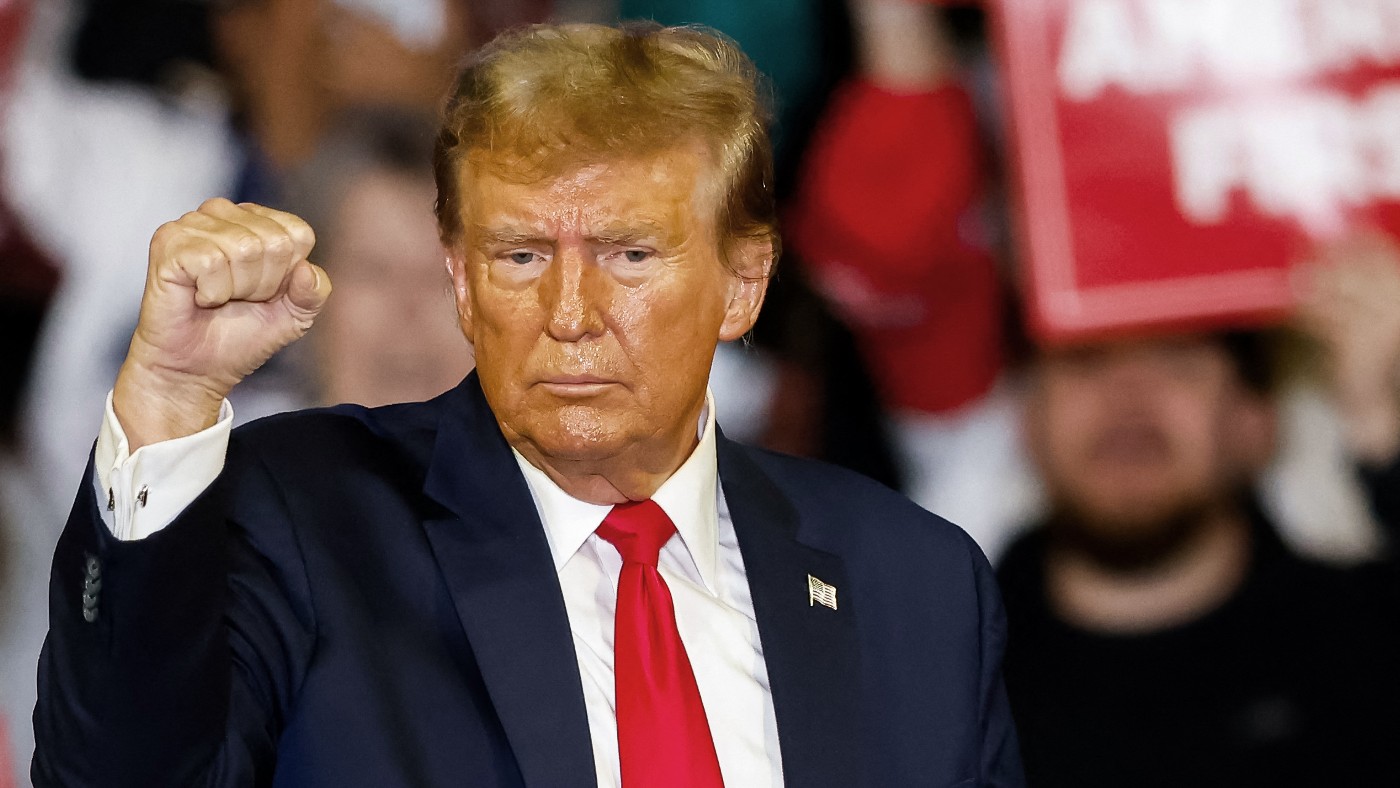
Any assault on a Nato country would be met with a "collective and robust reaction", said its chief Jens Stoltenberg, after Donald Trump threatened to encourage Russia to attack countries that have not contributed enough to the Western military alliance.
"Any suggestion that allies will not defend each other undermines all of our security, including that of the US, and puts American and European soldiers at increased risk," Stoltenberg said.
The secretary-general's statement came in response to Trump's comments at a campaign rally in South Carolina that he would "encourage" Russia "to do whatever the hell they want" to any European countries he deemed to be in arrears.
Subscribe to The Week
Escape your echo chamber. Get the facts behind the news, plus analysis from multiple perspectives.

Sign up for The Week's Free Newsletters
From our morning news briefing to a weekly Good News Newsletter, get the best of The Week delivered directly to your inbox.
From our morning news briefing to a weekly Good News Newsletter, get the best of The Week delivered directly to your inbox.
Trump spent much of his time as president undermining Nato, "while strong-arming members into keeping their commitments to spend more on their own militaries", said The New York Times, with the threat that "he would not come to their aid otherwise".
In his interview with Tucker Carlson last week, Vladimir Putin said that while Russia would fight for its interests "to the end" it had no desire to expand its war in Ukraine to other countries.
But several European Nato members are stepping up preparations for Russian military action. Denmark's defence minister Troels Lund Poulsen has spoken of "new intelligence [that] indicates that Russia is rearming faster than expected and that it could attack a Nato country within three to five years", said Reuters.
A free daily email with the biggest news stories of the day – and the best features from TheWeek.com
Arion McNicoll is a freelance writer at The Week Digital and was previously the UK website’s editor. He has also held senior editorial roles at CNN, The Times and The Sunday Times. Along with his writing work, he co-hosts “Today in History with The Retrospectors”, Rethink Audio’s flagship daily podcast, and is a regular panellist (and occasional stand-in host) on “The Week Unwrapped”. He is also a judge for The Publisher Podcast Awards.
-
 'More must be done'
'More must be done'Instant Opinion Opinion, comment and editorials of the day
-
 Are masked ICE agents America's new secret police?
Are masked ICE agents America's new secret police?Today's Big Question Critics say masks undermine trust in law enforcement
-
 The last words and final moments of 40 presidents
The last words and final moments of 40 presidentsThe Explainer Some are eloquent quotes worthy of the holders of the highest office in the nation, and others... aren't
-
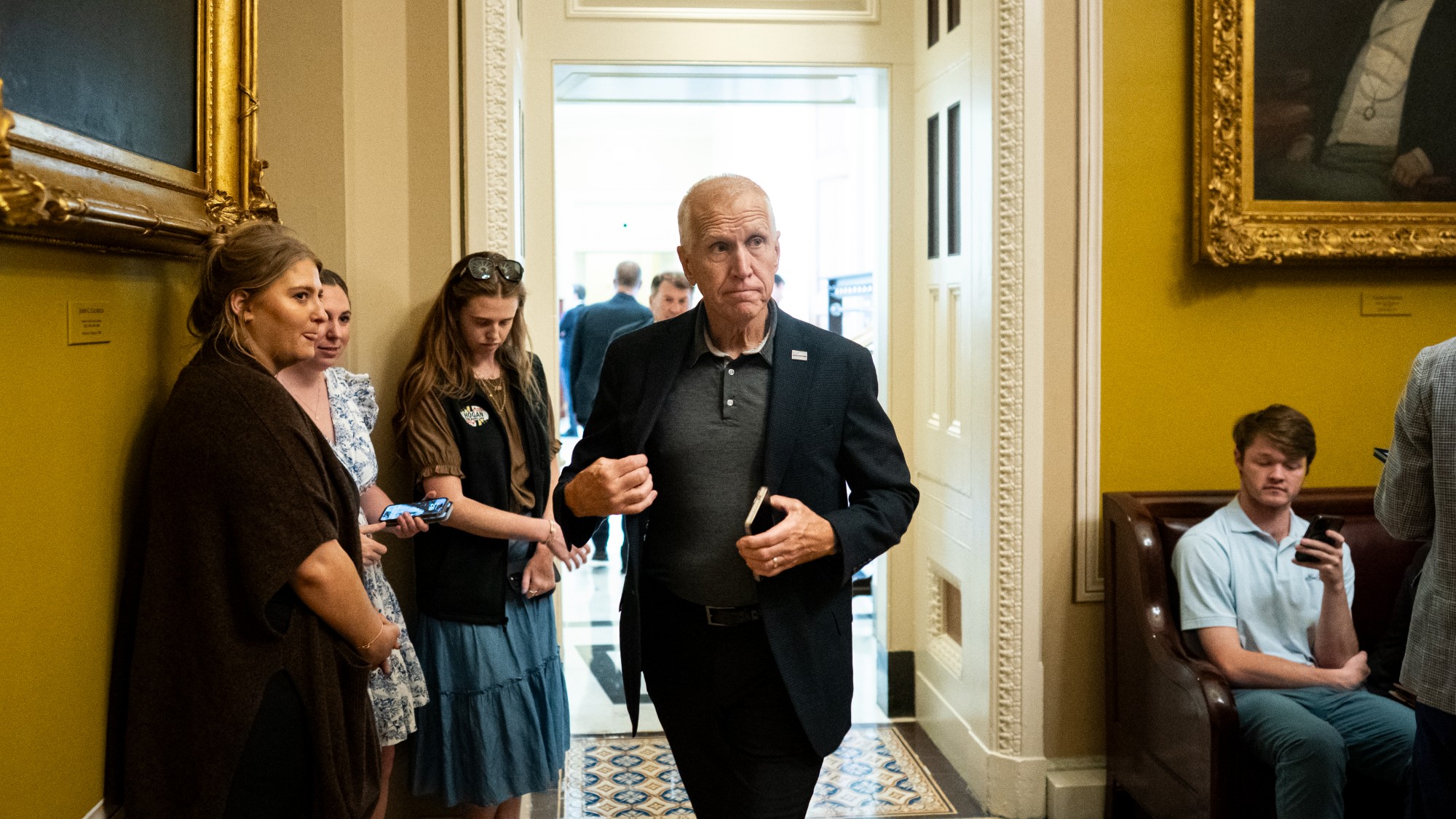 Senate advances GOP bill that costs more, cuts more
Senate advances GOP bill that costs more, cuts moreSpeed Read The bill would make giant cuts to Medicaid and food stamps, leaving 11.8 million fewer people with health coverage
-
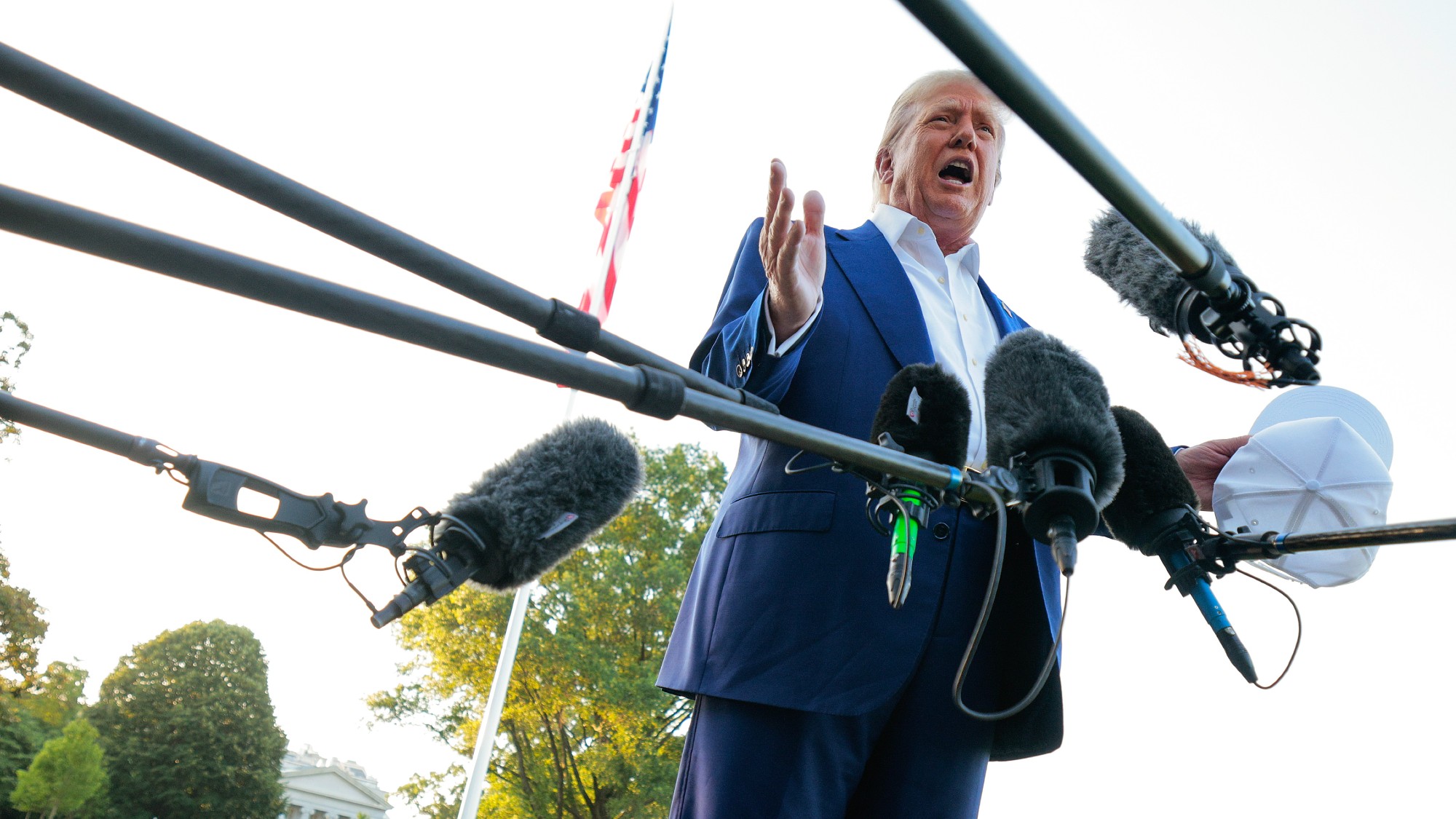 Trump's strikes on Iran: a 'spectacular success'?
Trump's strikes on Iran: a 'spectacular success'?In Depth Military humiliations 'expose the brittleness' of Tehran's ageing regime, but risk reinforcing its commitment to its nuclear program
-
 Will NATO countries meet their new spending goal?
Will NATO countries meet their new spending goal?today's big question The cost of keeping Trump happy
-
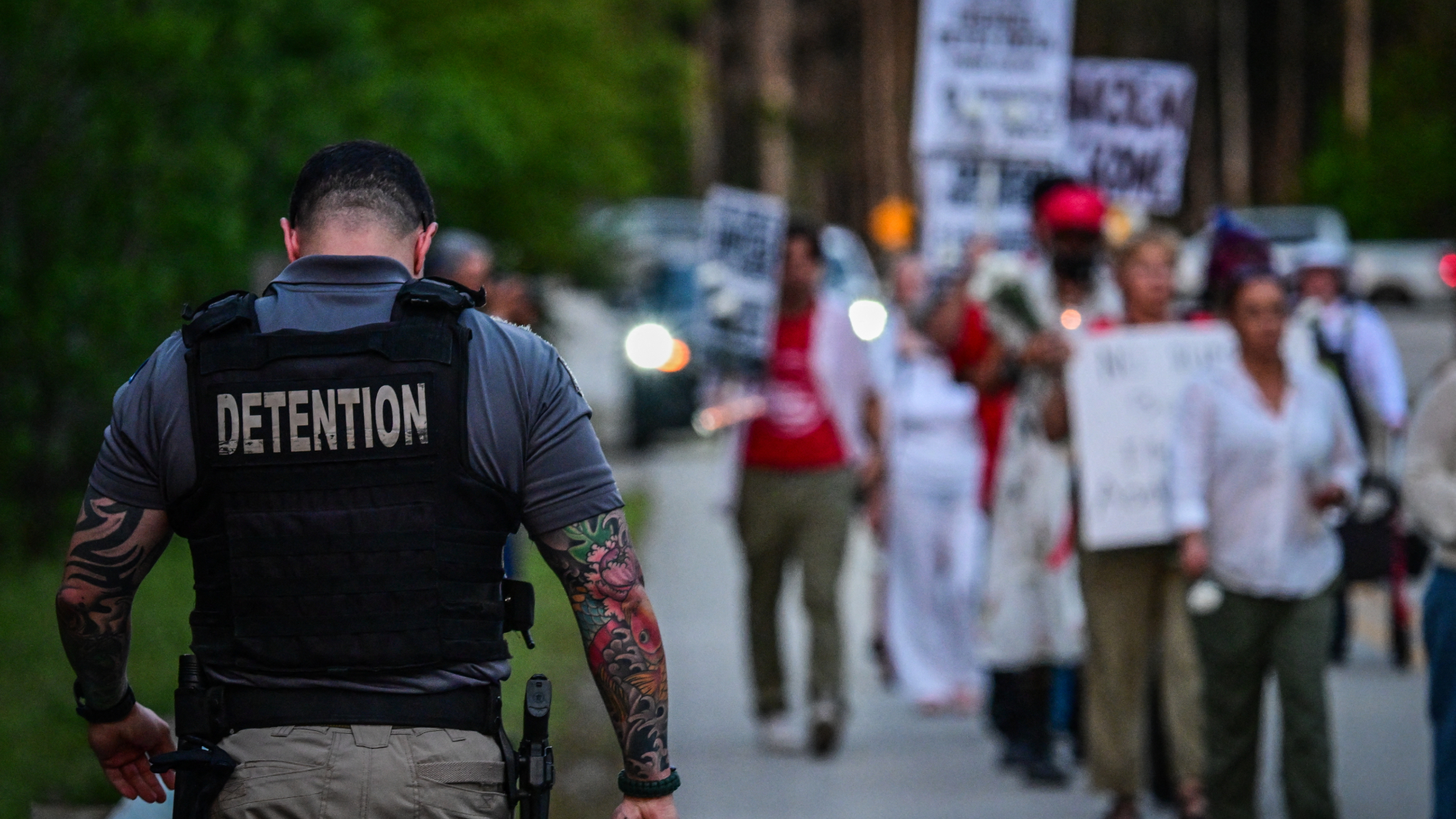 Canadian man dies in ICE custody
Canadian man dies in ICE custodySpeed Read A Canadian citizen with permanent US residency died at a federal detention center in Miami
-
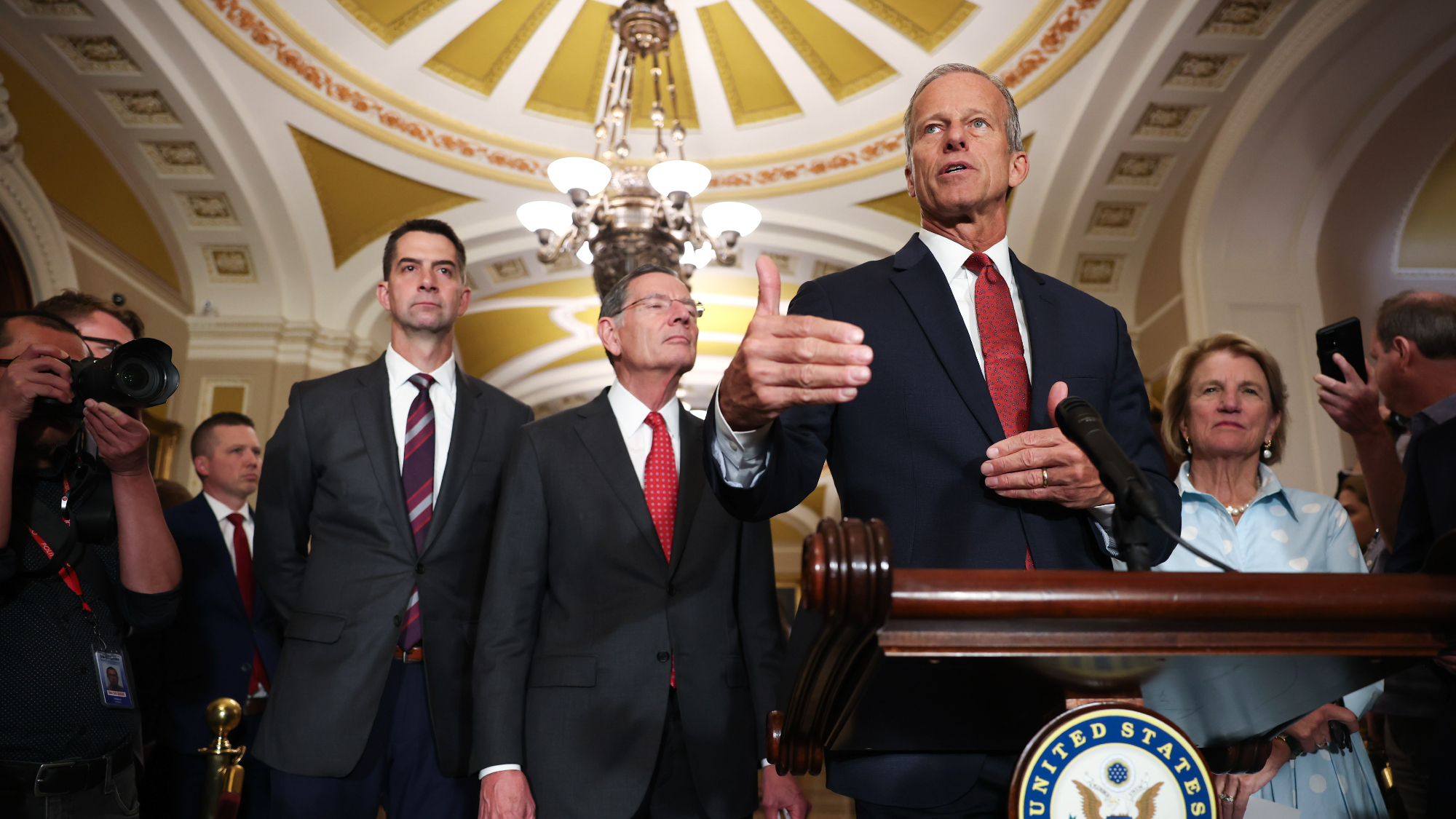 GOP races to revise megabill after Senate rulings
GOP races to revise megabill after Senate rulingsSpeed Read A Senate parliamentarian ruled that several changes to Medicaid included in Trump's "One Big Beautiful Bill" were not permissible
-
 Supreme Court lets states ax Planned Parenthood funds
Supreme Court lets states ax Planned Parenthood fundsSpeed Read The court ruled that Planned Parenthood cannot sue South Carolina over the state's effort to deny it funding
-
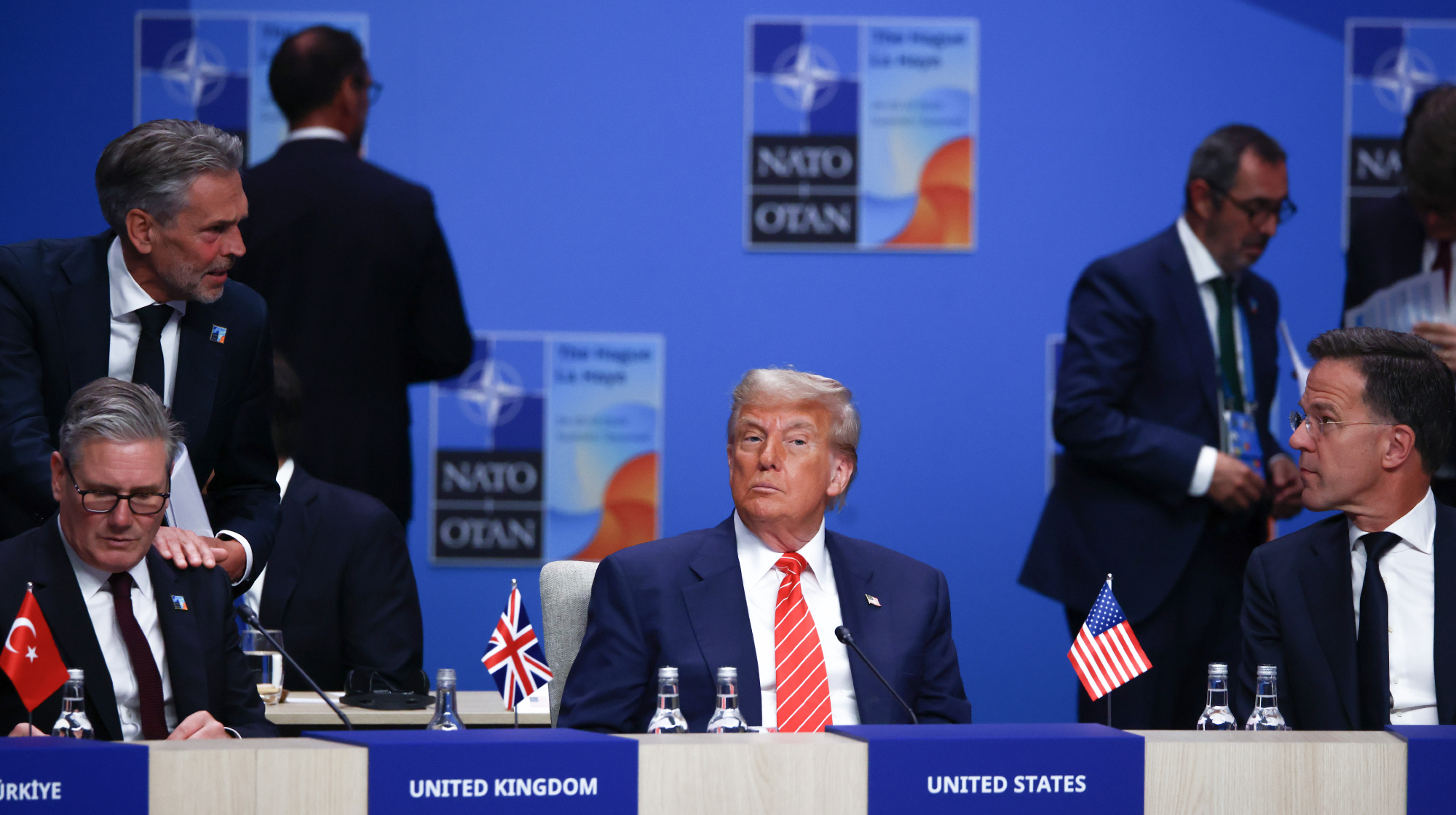 Trump plans Iran talks, insists nuke threat gone
Trump plans Iran talks, insists nuke threat goneSpeed Read 'The war is done' and 'we destroyed the nuclear,' said President Trump
-
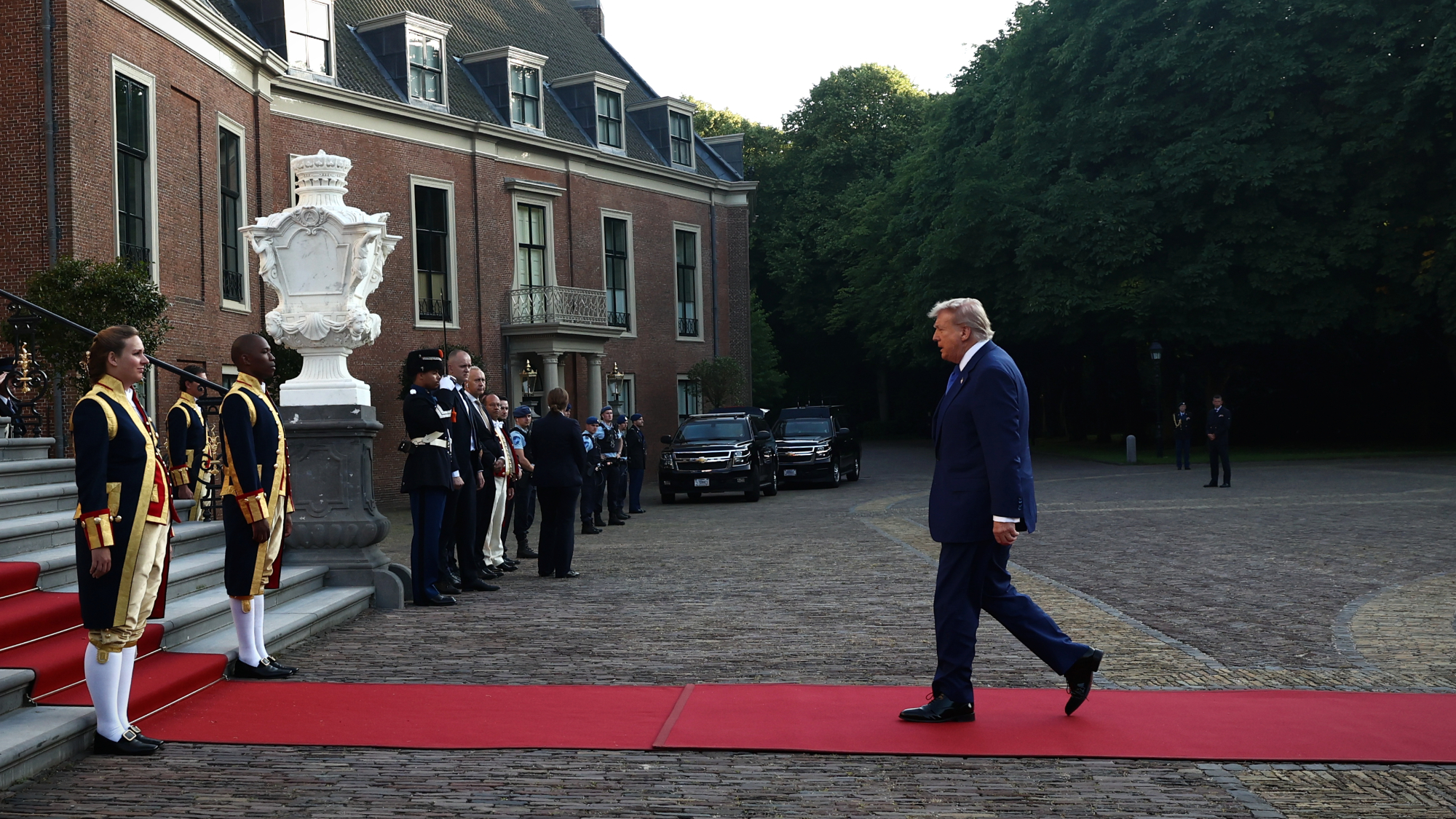 Trump embraces NATO after budget vow, charm offensive
Trump embraces NATO after budget vow, charm offensiveSpeed Read The president reversed course on his longstanding skepticism of the trans-Atlantic military alliance